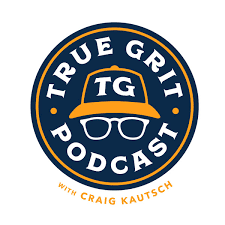Have you ever noticed that some people can have a setback and shrug it off, while the same setback can pretty much “tank” another person for a very long time? Whether we’re talking about relationship challenges, financial problems, emotional issues or health problems, the difference is an ability called resilience, which I define as the capacity to adapt to a stressor, and return to normal functioning. By “normal functioning” I mean a positive mood vs depression, good energy levels vs debilitating fatigue and the ability to maintain one’s relationships and work habits. It’s encouraging to know also that resilience is not as much an inherent gift that some people have, as it is a set of learnable skills that we can all apply. Here are some keys to bouncing back:
Stay (or become) connected vulnerably to a few good people. The neuroscience research is overwhelming about this. There is no way to overestimate the power of attachments with a few people you can open up to, and be supported by. My new bestselling book People Fuel has lots of information about the skills to do this.
Become engaged in the meaningful. Stressors have a way of “owning” our time and focus. Like a dog gnawing on a bone, our brains often obsess and chew on the loss or challenge, for way too much time in our day. They can create high anxiety and fatigue. So, while you can’t make yourself completely stop thinking about the stressor, you can make sure most of your day is spent engaging and being involved in what matters to you: meaningful work, people you care about, working out, good meals and positive activities.
Move into structure. A regular and somewhat predictable daily structure is very good for you too. When New Yorkers experienced the 911 terrorist attacks, researchers found that the survivors of that tragedy did better when they returned to work soon. Knowing what time their meetings, calls and breaks were scheduled for, helped their brains regulate and establish a sense of control.
Get yourself off the hook. Guilt plays a big part in stress. We often blame ourselves 100% for something we are 2% responsible for, and we beat ourselves up day after day. While we are always supposed to take responsibility for any mistakes we have made, apologize, and change our behavior, we shouldn’t take ownership for things we haven’t done. So write down what percent of the stressor is from you, what percent is from other people, and what percent is just from living in an imperfect world. Get in balance with responsibility, and your guilt will diminish. And for the percent that is yours, experience the great gift of forgiveness and acceptance for your imperfections.
Resilience can help you pretty quickly begin feeling, thinking and acting in your normal patterns again. Best wishes.
John






